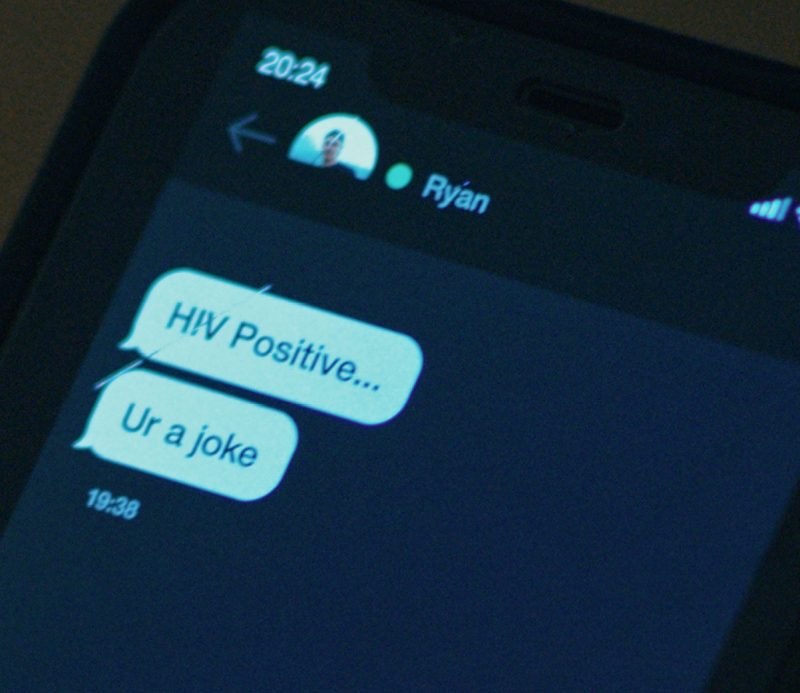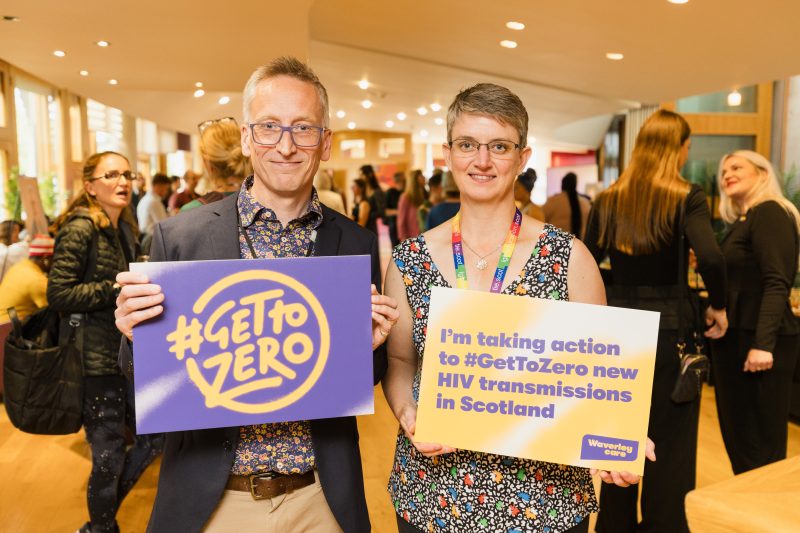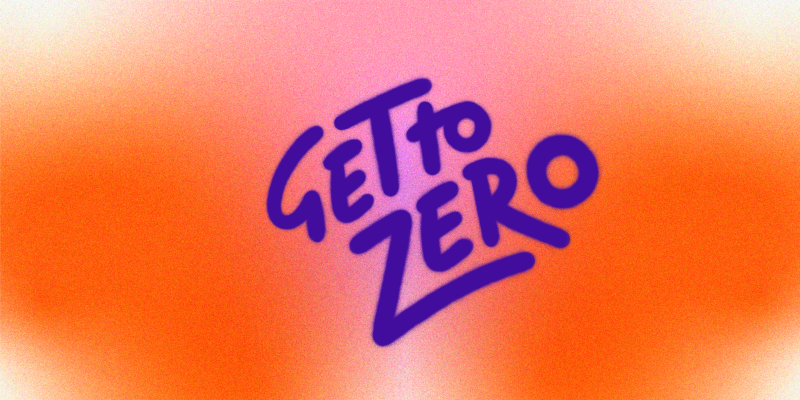Stigma happens every day – whether it’s a passing comment, or a refusal of services, stigma has the power to hugely impact the life of a person living with HIV, making them feel outcast and discriminated against.

Stigma in healthcare
Despite it being known that if you are on treatment, you cannot pass HIV onto anyone else, it has been shown that outdated attitudes towards HIV still exist within healthcare. Practices like double-gloving or bringing up a person’s HIV status when it isn’t relevant reinforce the idea that people living with HIV should be treated differently, but we know that’s not right.
On World AIDS Day 2025, we were proud to launch HIV Informed, a new interactive online learning hub designed to tackle HIV-related stigma across Scotland’s health and social care workforce. The hub can be accessed at: www.hiv-informed.scot
Respondent to Positive Voices study (UKHSA, 2022)GP and doctor surgery staff still very negative about HIV and put down any illness to my HIV.
Stigma in beauty salons
We all love to get dolled up every now and then – but too often, people living with HIV can find themselves faced with stigma when going to a salon. Despite it being law that you do not need to know a persons’ HIV status to undertake beauty, hair, or cosmetic procedure, we know that stigma happens in a variety of settings, including tattoo and piercing parlours, spas, and hairdressers.
A 2023 survey of people living with HIV by George House Trust found that 52% of respondents said they had been refused a treatment or service after talking about their HIV status, and 79% of people said they’d been asked about their HIV status as part of a consultation.
Stigma on dating apps
dating apps, particularly those used by the LGBT+ community, are a common place where people living with HIV face stigma – whether that’s someone turning down a date because of a person’s HIV status, or sending outright abusive messages.
Nathaniel Hall for Pink NewsIf you’re HIV positive, particularly on apps you get people that block you or they don’t talk to you, or talk to you then ghost you.
Challenging HIV stigma
It’s so important that all of us work together to end HIV stigma. You have the power to challenge outdated practices when you see them – whether that’s telling someone about U=U while getting your hair done, talking about PrEP with your GP, or politely correcting someone who uses the wrong terminology (check out our HIV language guide for more!).
References:
HIV Beauty Campaign | George House Trust (ght.org.uk)
HIV: positive voices survey – GOV.UK (www.gov.uk)
World AIDS Day: People share stories of dating while HIV-positive (thepinknews.com)




